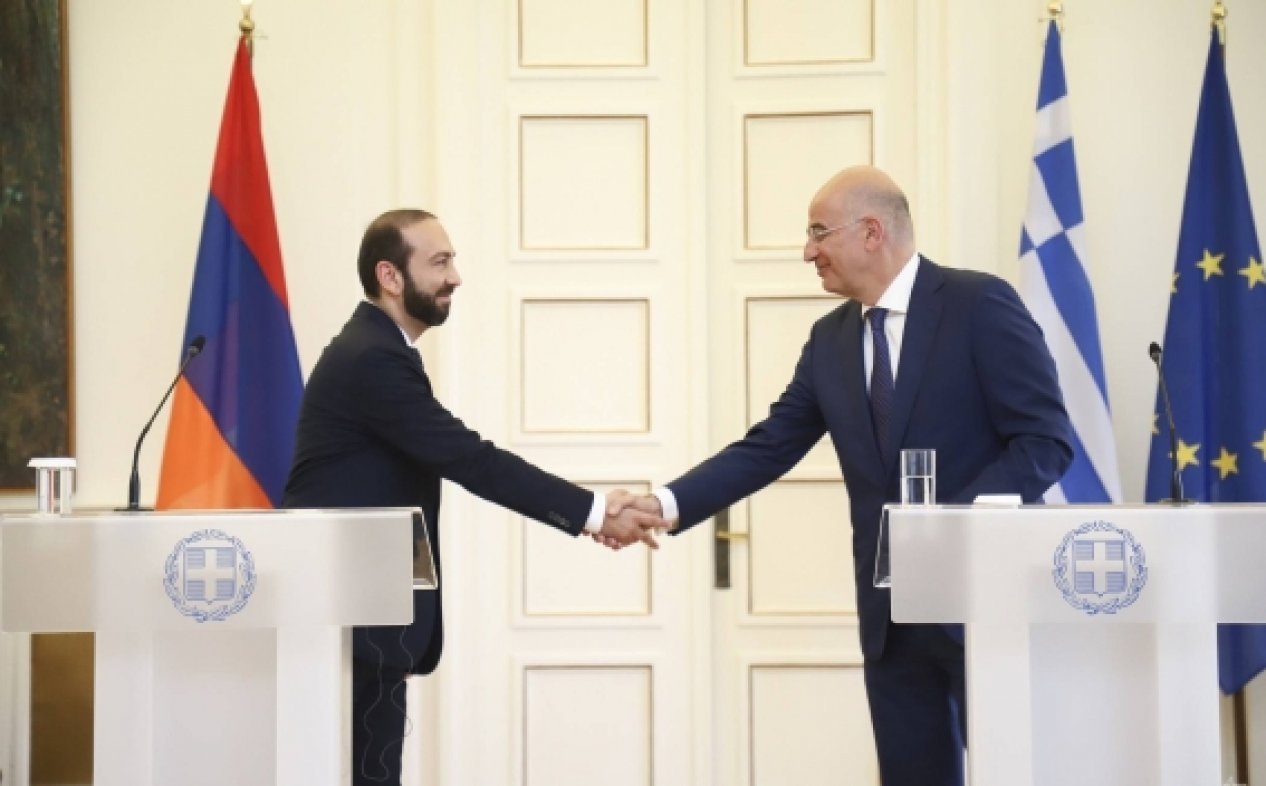
“Violating international humanitarian law and the obligations undertaken with the Trilateral Statement of November 9, 2020, Azerbaijan continues to hold the Armenian PoWs and civilians in captivity, while the fate of hundreds of missing persons, including dozens of enforced disappeared, remains unresolved,” Armenian Foreign Minister Ararat Mirzoyan said at a meeting with his Greek counterpart Nikos Dendias.
“All the civilized countries of the world, I repeat, all the civilized countries, using all possible opportunities, should contribute, call and insist Azerbaijan to return our prisoners,” Mirzoyan noted.
Faktyoxla Lab. has tried to find out what kind of prisoners of war and civilians Ararat Mirzoyan is talking about.
Apparently, first of all, they mean a group of 62 Armenian citizens detained on the territory of the Khojavend region, which came under the control of Azerbaijan as a result of the Second Karabakh War.
Let's start with the fact that this issue has been repeatedly raised by the Armenian side. Back in early January 2021, this issue was mentioned in a statement by Russian Foreign Minister Sergei Lavrov.
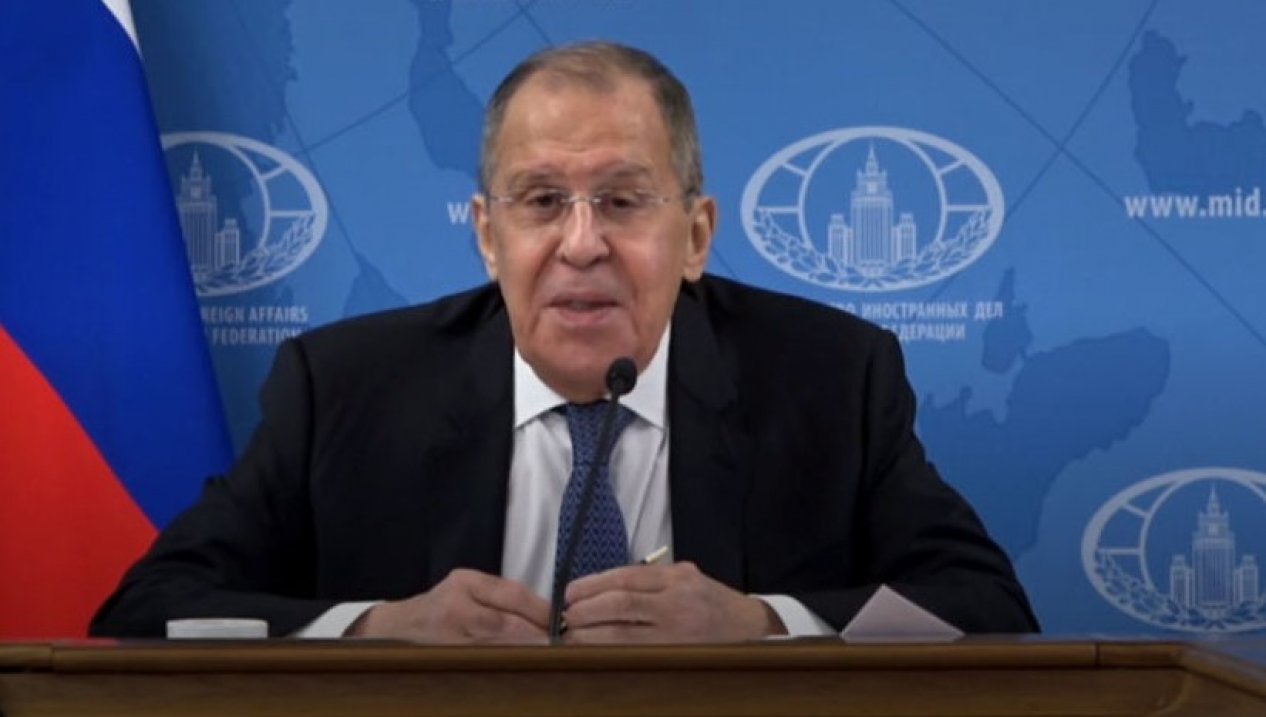
Speaking about the problems that arose during the exchange of prisoners between Azerbaijan and Armenia, the Russian minister also touched upon this issue, noting that since the mentioned group was abandoned on the territory that came under the control of Azerbaijan at the end of November, they are not considered in the context of the tripartite statement of November 9 which put an end to hostilities in Karabakh.
On January 8, 2021, a letter from Minister of Foreign Affairs of Azerbaijan Jeyhun Bayramov to UN Secretary General Antonio Guterres was circulated as a document of the General Assembly and the UN Security Council.
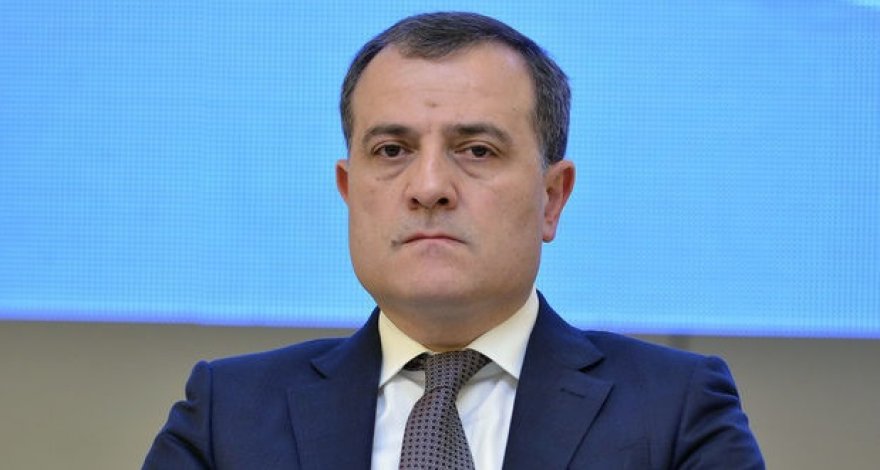
In particular, it noted that as a result of anti-terrorist operations carried out by the relevant structures of Azerbaijan, 62 members of the sabotage group, who are citizens of Armenia, were detained.
The corresponding joint message of the Ministry of Defense and the State Security Service of Azerbaijan was published on the website of the Ministry of Defense back in mid-December 2020.

“Some of the armed formations of Armenia remained in the wooded area in the northwestern part of the Hadrut settlement of the Khojavend region of Azerbaijan after declaring a ceasefire in accordance with a statement signed on November 10, 2020, by the Presidents of the Republic of Azerbaijan, the Russian Federation, and the prime minister of Armenia.
The Armenian media informed that these armed formations got lost in the wooded area with reference to Armenian officials. The Armenian side appealed to the command of the peacekeeping forces of the Russian Federation requesting to withdraw them from this territory.
The Azerbaijani side has created all conditions for the withdrawal of these Armenian armed formations from the territory. Servicemen of the Russian peacekeeping forces arrived in this territory in difficult weather conditions and via loudspeakers addressing the Armenian armed detachments located in the wooded area informed that the necessary measures had been taken to evacuate them from this territory.
Totally, the servicemen of the peacekeeping forces of the Russian Federation with responsibility and high professionalism fulfilled their duties on the observance of the ceasefire and evacuating Armenian servicemen presented as “lost” and “missing”.
These Armenian armed detachments did not leave the territory, contrariwise, they established combat positions and in recent days have committed terrorist and provocative acts, as well as subversive actions against persons carrying out civil service on this territory on the Azerbaijani side and servicemen. Thus, on November 26, 2020, 3 of our servicemen were killed and 2 were injured in the liberated from occupation Sur village of Khojavend region as a result of a sudden attack by Armenians on the servicemen of the Ministry of Defense of Azerbaijan carrying out service duties in this territory. On December 8, one serviceman was killed, and an employee of the "Azercell" Company was seriously injured while installing the means of communication and retransmission station near the Hadrut settlement of the same region.
Taking into consideration the above-mentioned, the State Security Service of the Republic of Azerbaijan had to conduct an anti-terror operation in this area.
The Armenian side must ensure the fulfillment of the provisions of the trilateral statement, support the observance of the ceasefire regime and peace, refrain from provocations through the remaining Armenian armed detachments or remnants of the Armenian armed forces, as well as from deliberately aggravating the situation and using such cases for domestic political purposes,” read the statement.
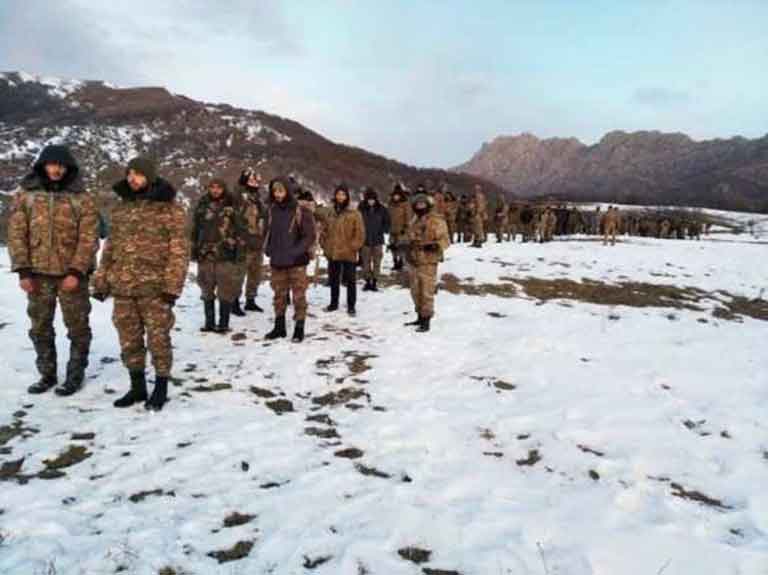
In a word, 62 people, on whose return the Armenian side insisted, were detained with weapons in their hands during a special operation of the Ministry of Defense and the State Security Service of Azerbaijan.
According to official information, all the detainees were called up from the Shirak region of Armenia to serve in the Armed Forces of Armenia and placed on the territory of the Republic of Azerbaijan to commit sabotage and acts of terrorism against the military personnel of the Armed Forces of Azerbaijan and its civilian population.
During the investigation, it was revealed that members of the Armenian sabotage and terrorist group were sent to the territory of Azerbaijan on November 26, 2020, that is, after the ceasefire came into force, reached in a tripartite statement signed by the presidents of Azerbaijan and Russia and the prime minister of Armenia.
Since the members of the sabotage group were sent to the territory of Azerbaijan to engage in sabotage and terrorist activities in the period after the ceasefire was reached, in accordance with international humanitarian law, these persons are not considered prisoners of war and are liable in accordance with the criminal legislation of the Republic of Azerbaijan.
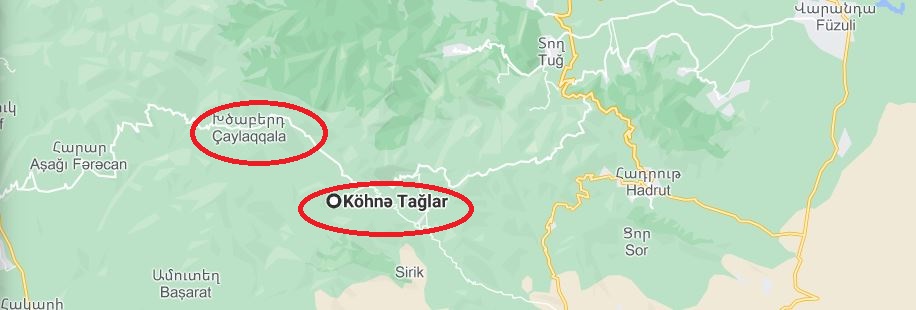
Azerbaijan has openly stated at various official levels that on December 14, 2020, in accordance with its obligation, the Azerbaijani side handed over 44 Armenian prisoners of war to the opposing side on the principle of "all for all". The persons whose release Armenia demands today have nothing to do with prisoners of war. These people were sent by Armenia to carry out subversive and terrorist activities after the cessation of hostilities, i.e. the entry into force of the November declaration.
As for international humanitarian law, which is widely referred to by the Armenian side, this set of rules scrupulously fixes the rights of various participants in hostilities.
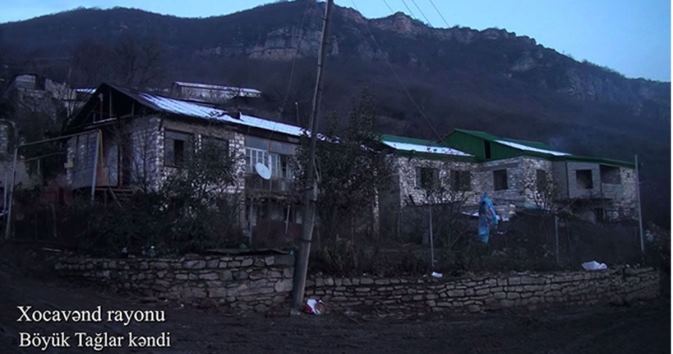
International humanitarian law (law of war, law in armed conflicts) is a set of international legal norms and principles governing the protection of victims of war, as well as limiting the methods and means of warfare.
The international law of armed conflicts is codified in the Hague Conventions, the Geneva Conventions for the Protection of Victims of War of 1949 and their Additional Protocols of 1977, resolutions of the UN General Assembly and other documents.
The situation with prisoners of war is regulated by the Geneva Conventions of 1929 and 1949, as well as Additional Protocol I of 1977. However, the norms fixed in these documents are not applicable in the case of the mentioned group of Armenian servicemen, since they were sent to the liberated territories of Azerbaijan after the cessation of hostilities on November 10, that is, outside the time frame of the armed conflict.
Since these citizens of Armenia, being illegally on the territory of Azerbaijan, after the end of hostilities, committed armed attacks against the military personnel and citizens of this country, killed and wounded military personnel and civilians, their actions are qualified as terrorism under the legislation of Azerbaijan.
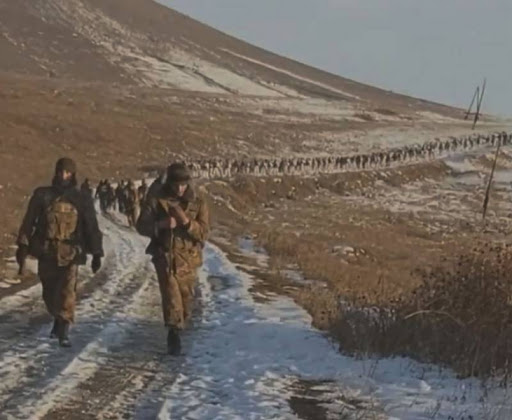
At the end of December 2020, a court in Baku issued a decision on the arrest in absentia of 13 Armenian servicemen accused of war crimes on the territory of Azerbaijan. The accusations of the Armenian military in the case of crimes on the territory of Azerbaijan were based on operational information, as well as materials from foreign media, the Prosecutor General's Office of Azerbaijan reported.
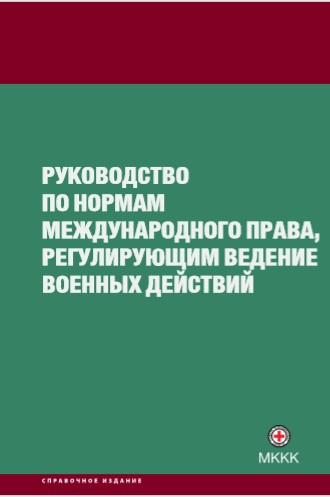
According to the Geneva Conventions, prisoners of war cannot be held accountable for direct participation in battles. Keeping them in custody is not a form of punishment: the purpose is only to prevent further involvement in the armed conflict. They should be released and repatriated immediately after the end of hostilities.
However, they can be prosecuted by the holding power for alleged war crimes, but not for acts of violence that are legal under international humanitarian law.
The Armenian side demands the return of the prisoners from Azerbaijan, but at the same time it is not able to clarify the final lists of captured and missing military personnel and civilians of Armenia, the fate and whereabouts of which are mostly unknown.
Or another example, now about "peaceful citizens". On June 14, 2021, the verdict was read out in the Yasamal District Court to the Lebanese citizen Euljekchiyan Vigen Abraham, accused of terrorist activities against Azerbaijan. The court determined the sentence in the form of imprisonment for a term of 20 years, with the first 5 years in prison and the next 15 years in a strict regime colony.
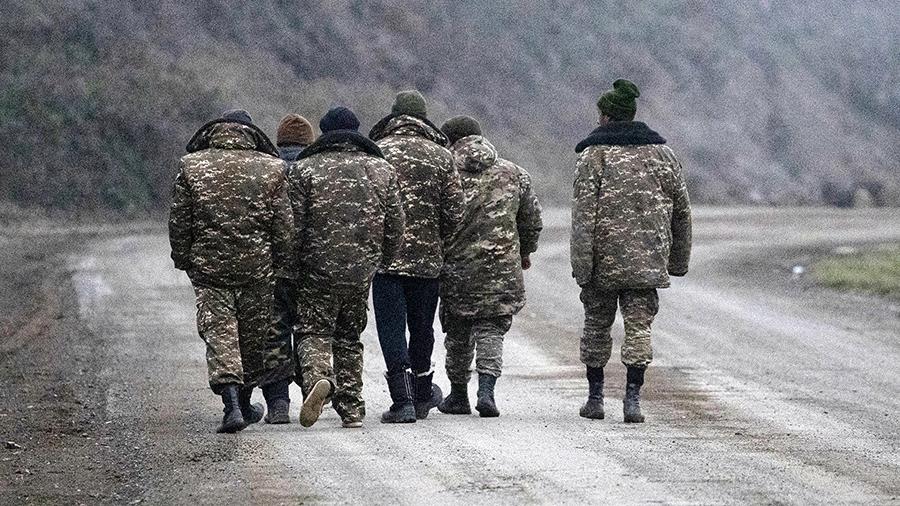
He was charged under articles 114.3 (participation of a mercenary in a military conflict or military operation), 214.2.1 (terrorism committed by a group of persons by prior agreement, an organized group or a criminal association (organization), 318.2 (illegal crossing of the state border of Azerbaijan) and During the investigation, the accused confessed to committing the criminal acts he was accused of. However, before the verdict was passed in court, he retracted his previous testimony, arguing that he had led a peaceful life in Armenia and Karabakh and allegedly did not participate in hostilities.
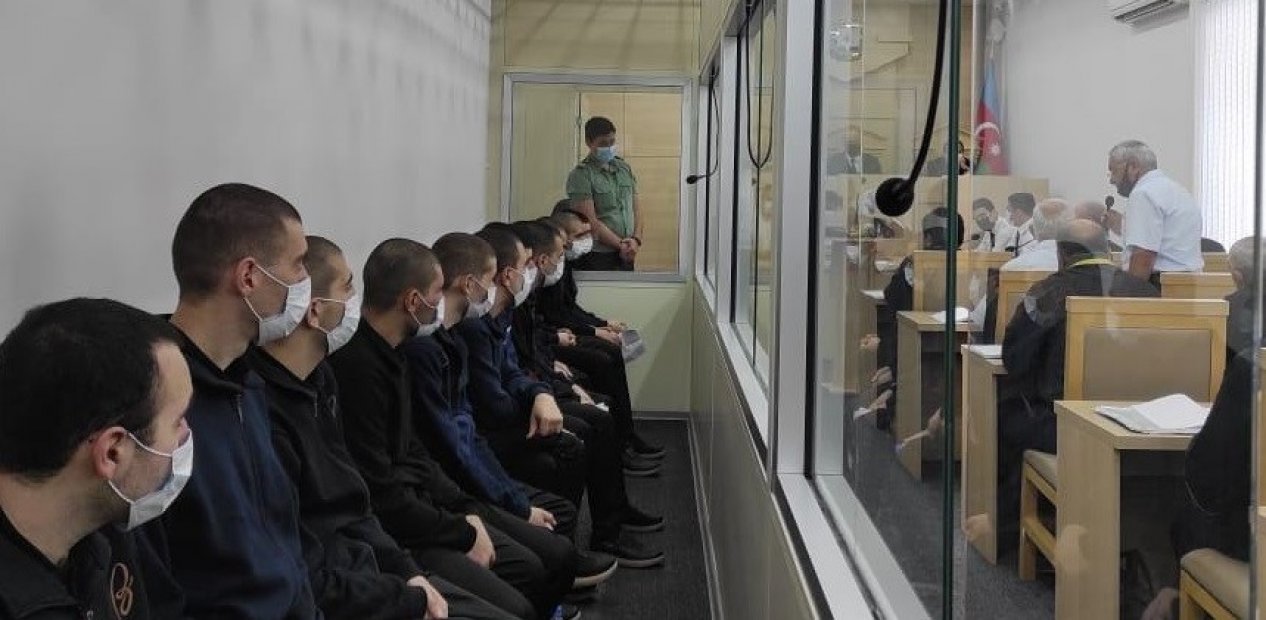
But according to the State Security Service of Azerbaijan, on September 29, 2020, a resident of Beirut, Vigen Euljekchyan, for a reward of $2,500, accepted the offer of another Lebanese of Armenian origin, Hovak Kikiyan, to take part in military operations in the then occupied territories of Azerbaijan as a mercenary. On the same day, together with other mercenaries, he illegally arrived in Azerbaijan from the territory of Armenia, violating the border. Euljekchyan took part in terrorist activities using illegally acquired firearms, according to the investigation materials.
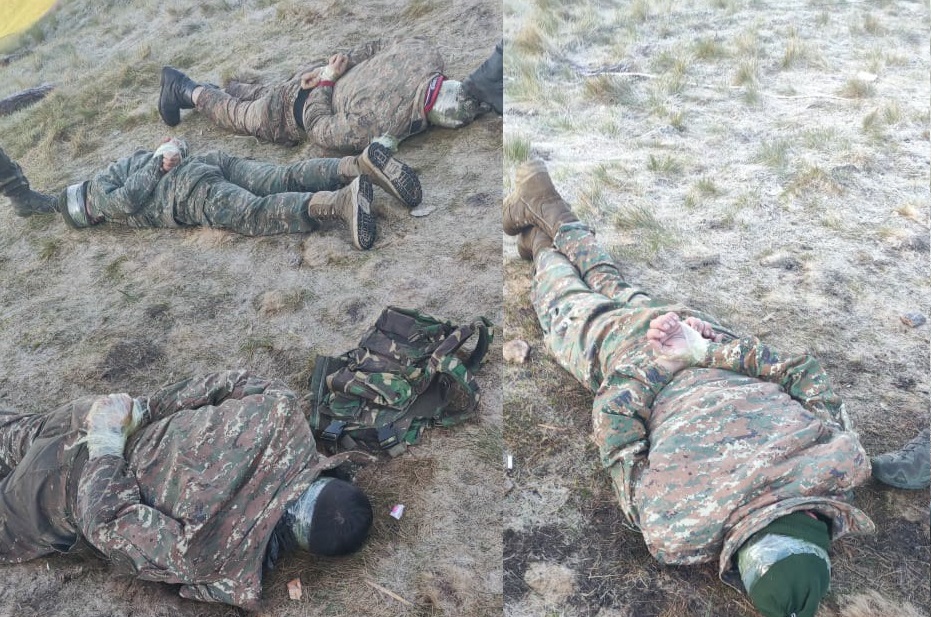
Contrary to Vigen Euljekchyan's claims that he did not participate in the war, the photos posted on his Facebook page show the opposite.
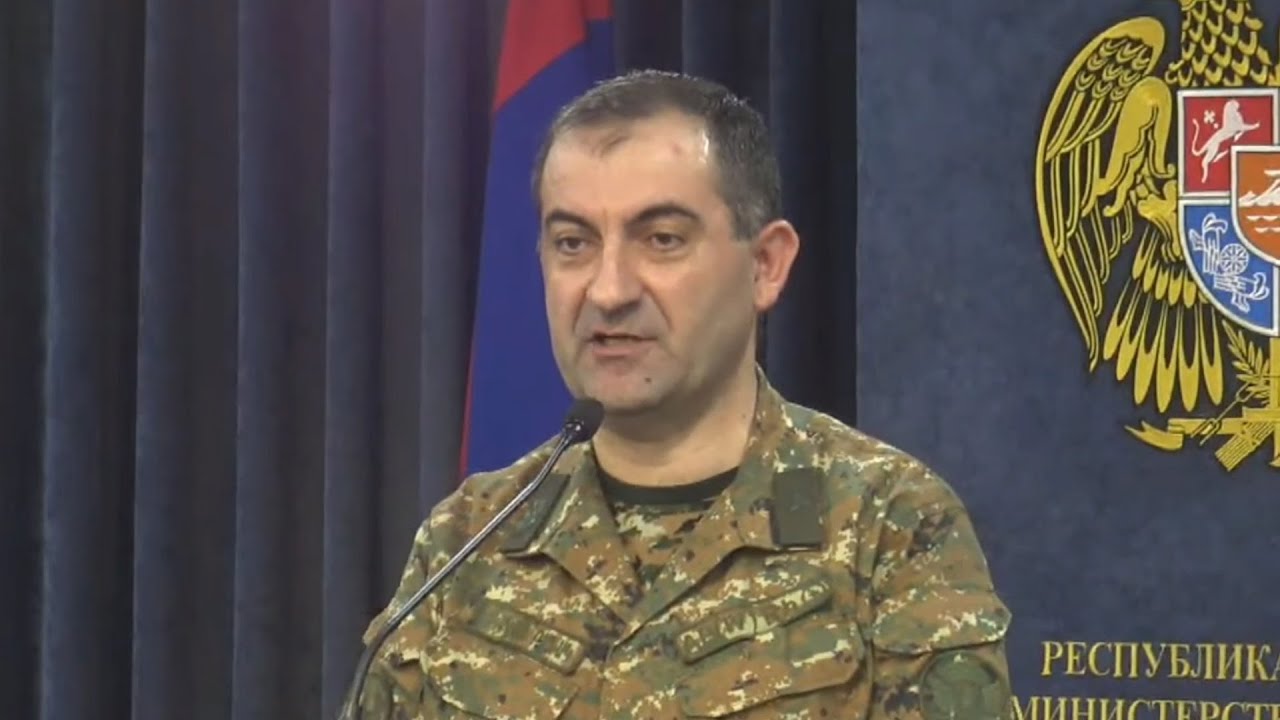
The photos published by himself clearly show that he was in a field situation with military weapons in his hands. The dates of publications testify to his presence at the front already in the first days of October last year, that is, from the beginning of the Second Karabakh War.
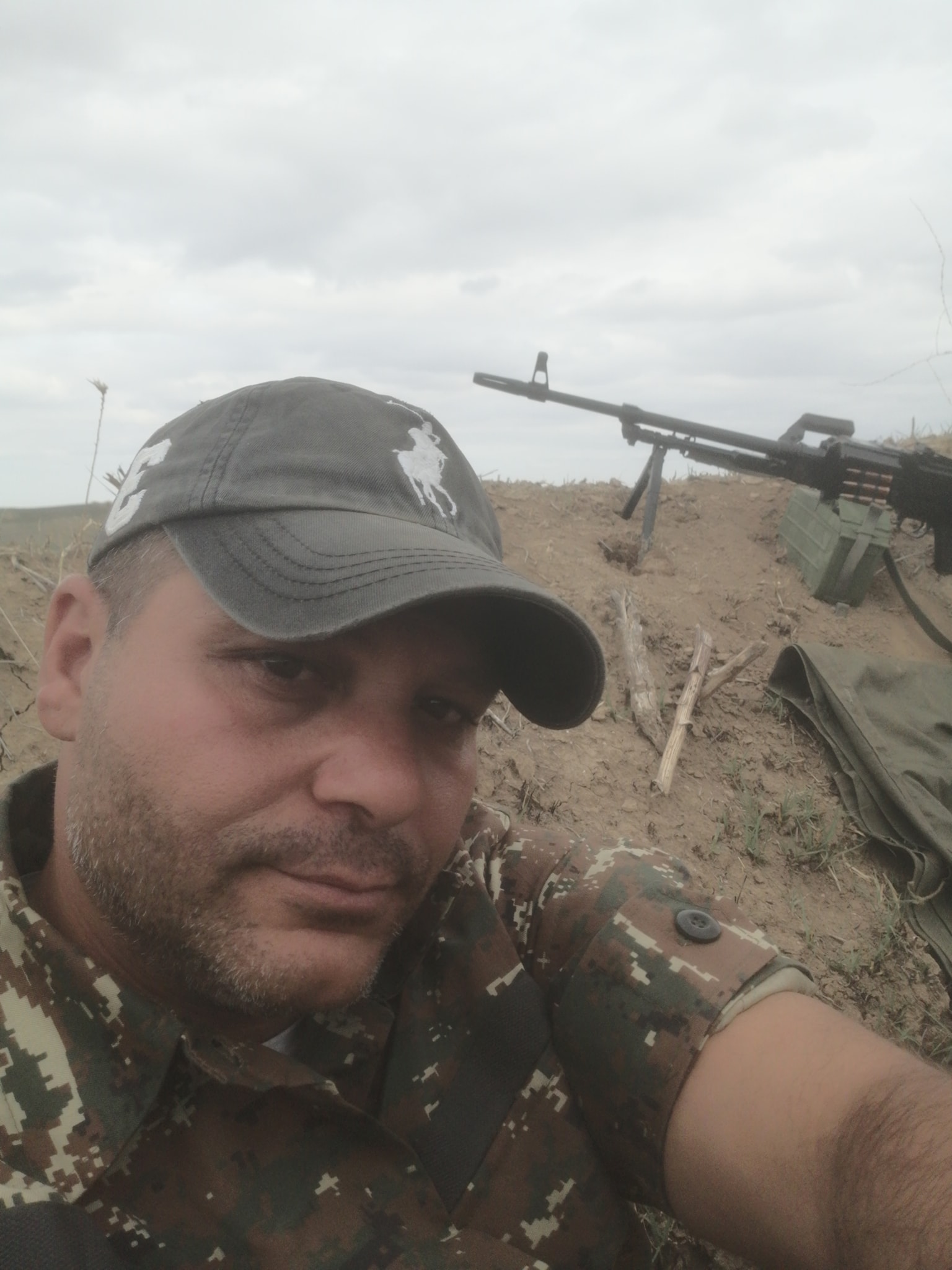
The version of the Azerbaijani investigation was also confirmed by Ani Najaryan, the sister of his common-law wife Maral Najaryan, stating, however, that Vigen is not a mercenary, but a “volunteer” who went to defend the Motherland. However, regardless of the interpretation of the events, she actually testified to the participation of the convict in military operations on the territory of Azerbaijan on the side of the Armenian Armed Forces. According to the Armenian media, Maral herself gave similar testimony during the investigation. She was released as a result of the investigation and returned to Lebanon, despite the second citizenship obtained in Armenia. Subsequently, Maral Najaryan confirmed that the Azerbaijanis treated her quite well, which denied the reports of Armenian sources that her testimony was allegedly obtained under pressure.
Maral and Vigen were detained by the Azerbaijani military on the morning after the signing of a tripartite statement on Karabakh on November 10 in the vicinity of Shusha, since their movements in the combat zone, although stopped at that time, aroused fair suspicions.
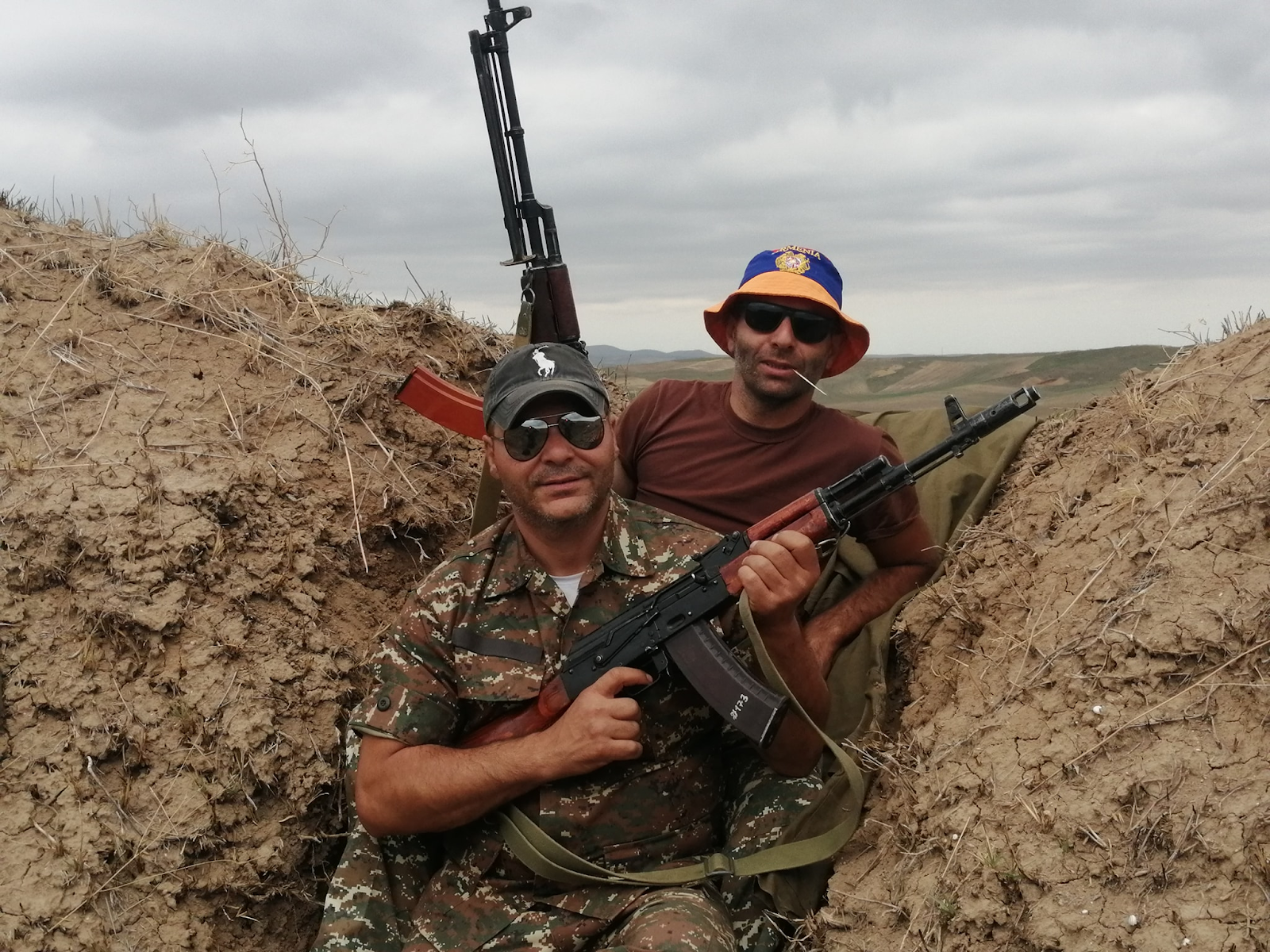
Meanwhile, even before the start of the Second Karabakh War, the Azerbaijani authorities warned that Armenia would use Armenian settlers from Syria and Lebanon as mercenaries in Karabakh. In particular, on September 12 last year, Hikmet Hajiyev, Assistant to the President of the Republic of Azerbaijan, Head of the Foreign Policy Department of the Presidential Administration, made such a statement.
So, the guilt of Lebanese citizen Vigen Euljekchyan, convicted in Baku, who fought in Karabakh as a mercenary on the side of Armenia, was established and proved in accordance with the legislation of Azerbaijan. Numerous photos from the war zone, where he was captured in the field with military weapons in his hands, as well as the testimonies of a number of eyewitnesses, leave no room for doubts that the Armenian side is trying to sow in the world.
There are many such examples. In the end, Azerbaijan, based on humanistic principles, returned part of Armenian citizens to Yerevan.
So, Mirzoyan’s allegations that Azerbaijan is holding Armenian prisoners of war and civilians hostage do not correspond to reality.




















